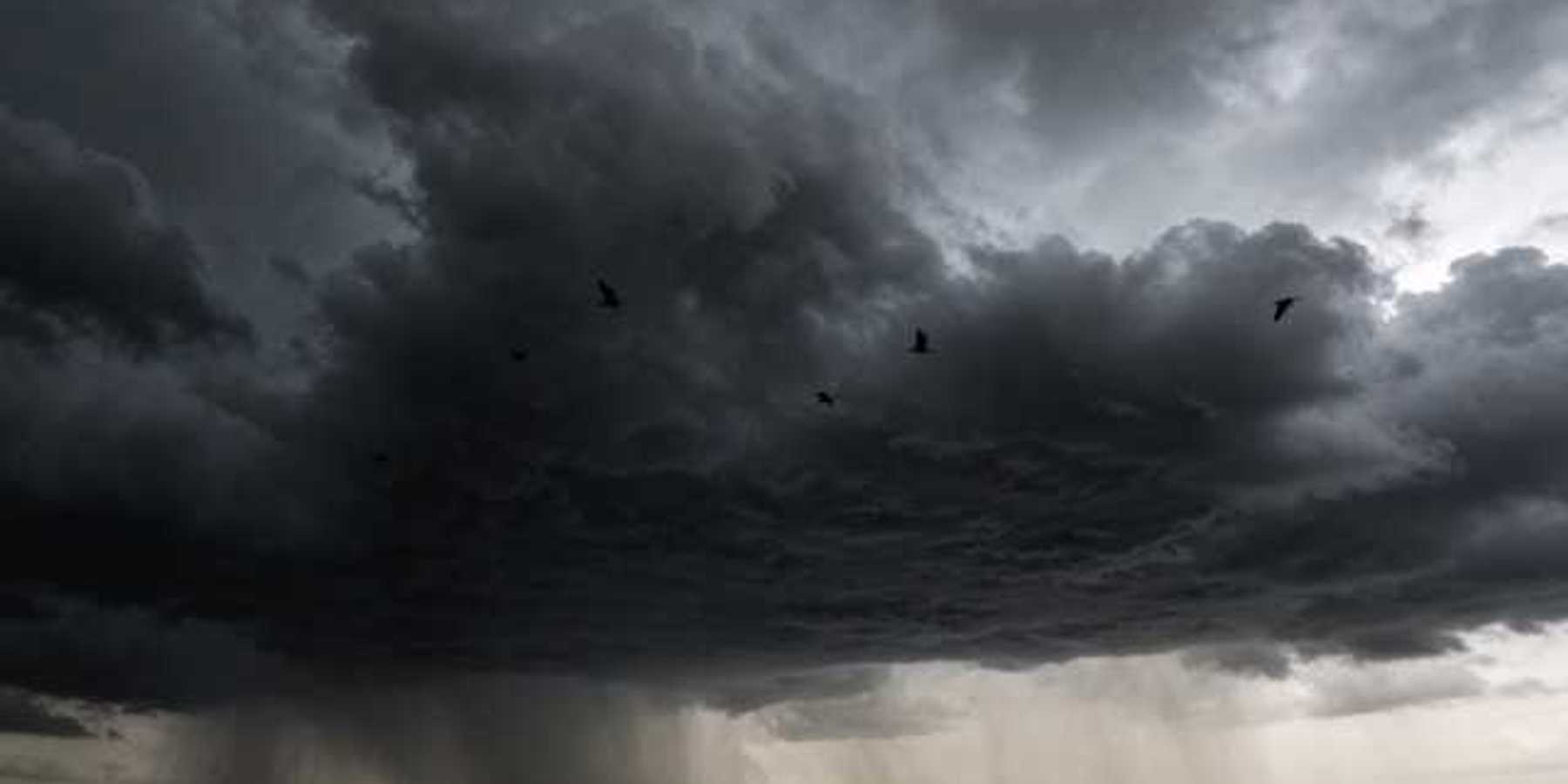Peter Dykstra: Important environmental passings in 2021
A look back at losses over the last year.
As we turn the page on 2021, let's look back at people we lost last year who left their mark on the planet (for better or worse).
E. Bruce Harrison
In 1962, he was a Mad Men-era PR executive for the Chemical Manufacturers Association, where he led a relentless attack against the book Silent Spring and its author, Rachel Carson. The book’s thorough accounting of the consequences of the pesticide DDT mark it as arguably the greatest environmental book of all time.
He went on to a lucrative career as the “father of greenwashing” according to enviros and “the father of Green PR” according to industry. Harrison died in January at age 88
Paul Crutzen
Crutzen was the last survivor of the trio of scientists awarded the 1995 Nobel Prize in Chemistry for their discoveries linking stratospheric depletion of the Earth’s ozone layer to the growing use of chlorofluorocarbon chemicals. He died in January, age 87.
Sandy West
Heiress to the Pittsburgh Paint & Glass fortune, West spent nearly all of it protecting Georgia’s Ossabaw Island from development. Comfortable with her public image as an eccentric, West rankled other environmentalists by working to protect Ossabaw’s ravenous wild hog population.
The hogs ate or trampled much of Ossabaw’s natural beauty. Sandy protected both the good and bad of Ossabaw Island till her death in February, age 108.
Rush Limbaugh
Say what you will about Limbaugh, he had a profound impact on the feelings of tens of millions of Americans about the environment and “environmentalist wackos.” Limbaugh was a prime misleader on climate change whose finest moment, IMHO, was in May 2010, when he told his audience that the Deepwater Horizon oil spill was an inside job, caused by said “wackos” as a fundraiser. He lost a long battle with lung cancer in February, age 70.
George Shultz
Secretary of State for Presidents Nixon and Reagan, Shultz was a late-in-life convert to clean energy, energy efficiency, and action on climate change. He died in February at age 100.
John Warner
The courtly five-term Senator from Virginia died in May, age 93. By one measure, he was a lousy environmentalist, with a 22% lifetime voting score from the League of Conservation Voters. But he co-sponsored the first Senate climate change bill with Joe Lieberman, and after leaving the Senate, Warner devoted much of his energy talking about climate change as a global security issue.
Prince Phillip
Philip was not only the Queen’s wingman, he was President of the World Wide Fund for Nature for 15 years. He advocated for endangered animals and habitats, and his son Prince Charles continues to do so. In addition to the high visibility of the Royal Family, one can safely assume that both the Queen’s Consort and the Crown Prince might be pretty good fundraisers when called upon. His Highness was 99 when he died in April.
A.Q. Khan
Of all those on this list, A.Q. Khan will almost surely have the longest and deepest impact on the human condition. He is also almost surely the only physicist who stands as a national hero in his own country, Pakistan. When rival India detonated its first atomic bomb in 1974, Khan led Pakistan’s effort to catch up, which they did in 1998. In the meantime, Khan had also become the world’s foremost sieve of nuclear secrets.
Fledgling nuke weapons programs in Iran, North Korea, and Libya launched in part thanks to Khan’s leaked information. Libya’s program died when dictator Moammar Khadafy was overthrown. Prospective nukes in the hands of either Iran or North Korea still pose a terrifying global risk.
Khan died of COVID-19 complications in October, age 85.
Environmental activists
And while the final numbers won’t be in for a while, 2021 is expected to be another brutal year for environmental activists in the developing world. The group Global Witness counted 227 deaths last year – mostly unresolved murders.
One of the most notorious of past murders drew a step closer to justice in 2021, though. Berta Cáceres led opposition to a hydroelectric dam project in Honduras up until her 2016 murder. This past year, the former head of the hydro project was arrested and convicted of masterminding her killing.
Peter Dykstra is our weekend editor and columnist and can be reached at pdykstra@ehn.org or @pdykstra.
His views do not necessarily represent those of Environmental Health News, The Daily Climate, or publisher Environmental Health Sciences.
Banner photo: Sandy West. Credit: ossabawisland.org/)












